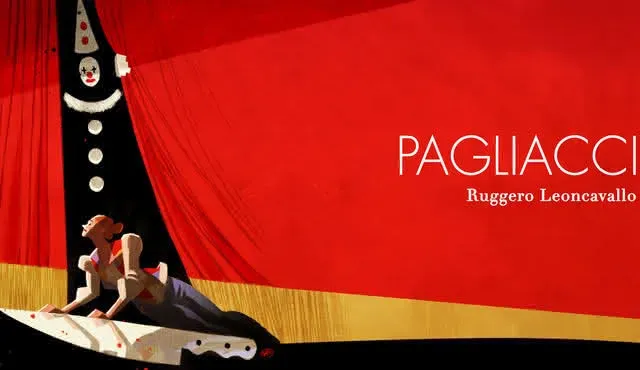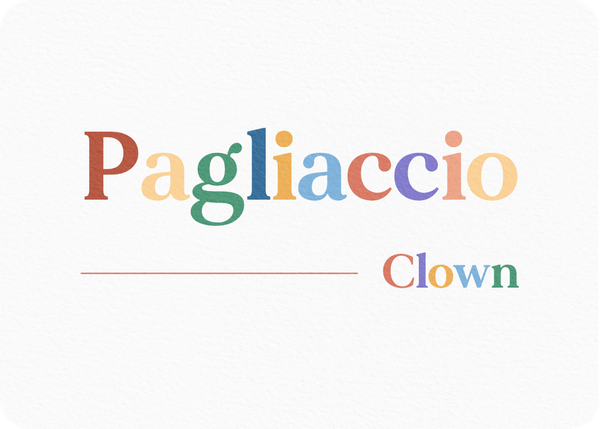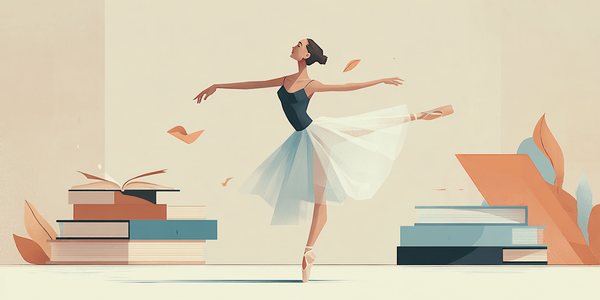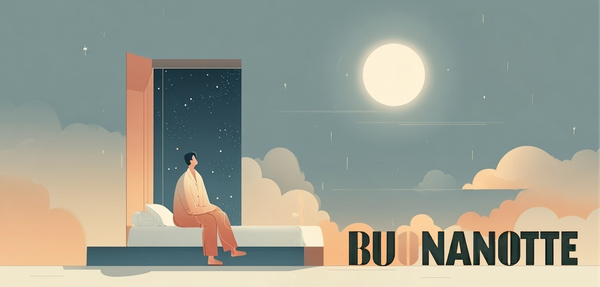Pagliaccio
NOUN [masculine]
Meaning and English translation 🔖
Clown
🇬🇧 A comic actor who dresses funnily and performs hilarious skits.
🇮🇹 Attore comico che, vestito in modo buffo, si esibisce recitando scenette esilarant.
| Masculine ♂️ | Feminine ♀️ | |
|---|---|---|
| Singular | il - un pagliaccio | - |
| Plural | i - dei pagliacci | - |
Example sentences 💬
Quando il pagliaccio è entrato in scena, alcuni bimbi si sono spaventati; altri si sono divertiti.
When the clown entered the stage, some children got scared; others had fun.
Ci sono dei pagliacci stasera al circo?
Are there clowns at the circus tonight?
This article is brought to you by Giulia School, where you can learn Italian the natural way—with real conversations and passionate teachers guiding you every step of the journey. It’s the closest thing to immersion you can get without living in Italy. Click here to learn more.
Idioms with pagliaccio 🇮🇹
Fare il pagliaccio
→ To clown around, To act like a clown
Mario non smette mai di fare il pagliaccio, anche in situazioni serie.
Mario never stops clowning around, even in serious situations.
Essere un pagliaccio
→ To be a clown (figuratively, to be a ridiculous person)
Come politico, è un pagliaccio.
As a politician, he is a clown.
Sembrare un pagliaccio
→ To look like a clown (figuratively, to be a ridiculous person)
Non voglio sembrare un pagliaccio davanti a tutti.
I don't want to look like a clown in front of everyone.
Truccarsi da pagliaccio
→ To dress up as a clown
Per la festa in maschera, Lucia si è truccata da pagliaccio.
For the costume party, Lucia dressed up as a clown.
Where does the word pagliaccio come from? 🔎
Pagliaccio Derives from the word paglia (straw). The term pagliaccio refers to comic actors who in the past wore clothes made from coarse fabric similar to that used for straw mattresses. Used since the 16th century.
Did you know that... 🤓
Impress your italian friends with curious facts about Italy and its culture
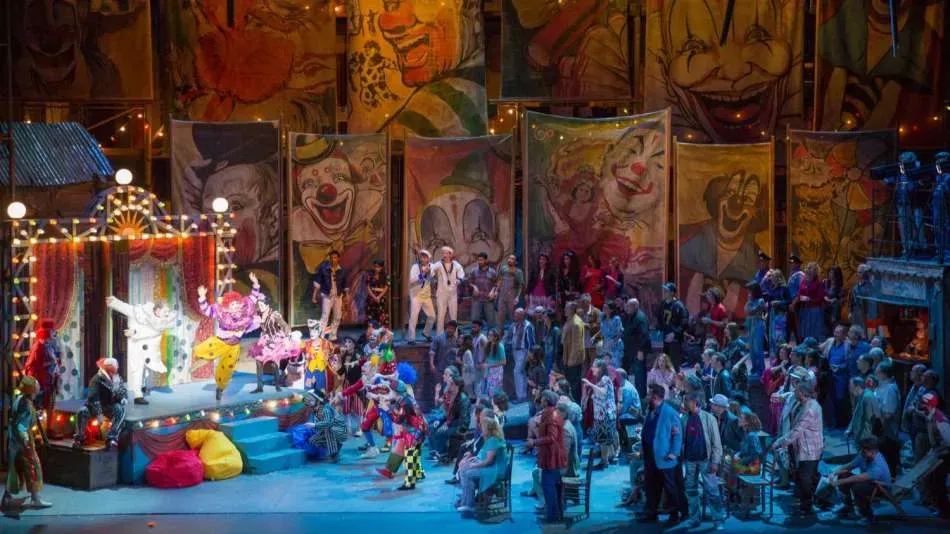
Pagliacci is also the title of a famous opera composed by Ruggero Leoncavallo. The first performance took place on May 21, 1892, at the Teatro Dal Verme in Milan.
The opera tells the tragic story of a group of traveling actors, where reality and fiction blend together leading to a dramatic finale. Canio, the protagonist, plays a clown on stage but faces betrayal in real life, leading to the famous aria "Vesti la giubba" where he sings about his despair.
Pagliacci is an example of verismo, an artistic movement that sought to represent reality in a raw and authentic way. Inspired by a true crime story from his childhood, Leoncavallo created an opera in which human emotions are pushed to the extreme. The plot focuses on universal themes such as love, jealousy, and revenge, making the opera highly emotional and engaging for the audience.
The famous aria "Vesti la giubba," sung by Canio at the end of the first act, is one of the most well-known and touching moments of the opera. In this scene, Canio, betrayed and hurt, must prepare to go on stage and play the clown, despite his inner pain. The line "Laugh, Clown, at your broken love!" expresses the conflict between outward appearance and inner suffering, a recurring theme in the lives of many artists.
The opera Pagliacci has had a lasting impact not only on opera but also on popular culture. It has been performed countless times in theaters around the world and has influenced other art forms, such as film and literature. The figure of the sad clown has become an icon of the duality between outward smiles and inner sadness.
If you have never seen Pagliacci, I highly recommend attending a performance or listening to a recording of the opera. Its emotional power and the beauty of Leoncavallo's music will leave you breathless.
